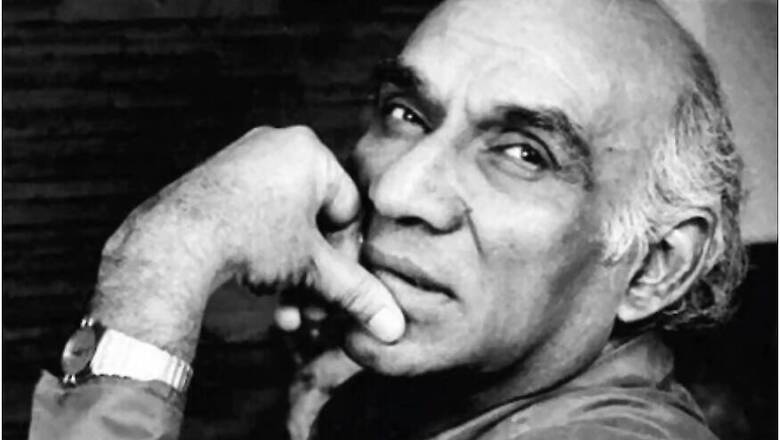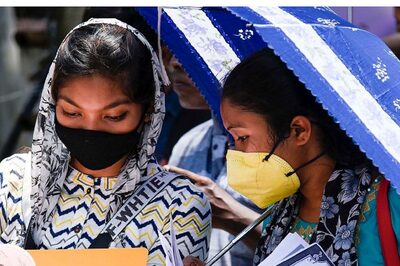
views
The man behind such cult Bollywood films as Kabhie Kabhie, Lamhe and Chandni, Indian director, film producer and the founder of Yash Raj Films, Yash Raj Chopra passed away on October 21, 2012 from the mosquito-borne disease dengue fever.
On October 13, 2012, Chopra was diagnosed with dengue fever and was admitted to the Lilavatai Hospital, Bandra, in Mumbai. The ace filmmaker died following multiple organ failure due to dengue fever at the age of 80. At the time of his death, he was busy with the production of Jab Tak Hai Jaan.
The Brihanmumbai Municipal Corporation confirmed that the death of the filmmaker, a week after Yash Chopra's death, saying that he passed away from dengue fever and its complications. According to media reports from the time, civic officials went through Chopra's medical records before confirming the dengue death. Celebrities like Dilip Kumar, Amitabh Bachchan and Shah Rukh Khan were quick to turn up to pay their last respects to veteran filmmaker -- the king of celluloid romance.
Years post the death of the legendary filmmaker, dengue still manages to plague India at large, even though latest reports state that the number of cases of dengue have reduced comparatively in the city.
One of the fastest pandemic-prone viral diseases emerging around the world, dengue is a mosquito-borne viral infection that is caused by the bite of the Aedes aegypti mosquito. The cases of dengue has increased 30 times over the last five decades with up to 50-too million infections occurring annually in over 100 endemic countries every year.
According to WebMD, an estimated 400 million dengue infections occur worldwide every year, with its symptoms including sudden high fever, severe headache, pain behind eyes, severe muscle pain and joint pain, fatigue, nausea, vomiting, skin rash and mild bleeding.
Notably, doctors’ can diagnoses dengue infections with blood tests to check for the virus or antibodies to it.
Finally, while there are no specific treatments for dengue fever, one can use pain relievers with acetaminophen, but they should avoid aspirin which could increase bleeding.
The best way to avoid dengue is by preventing bites by infected mosquitoes that are carrying the dengue virus.




















Comments
0 comment